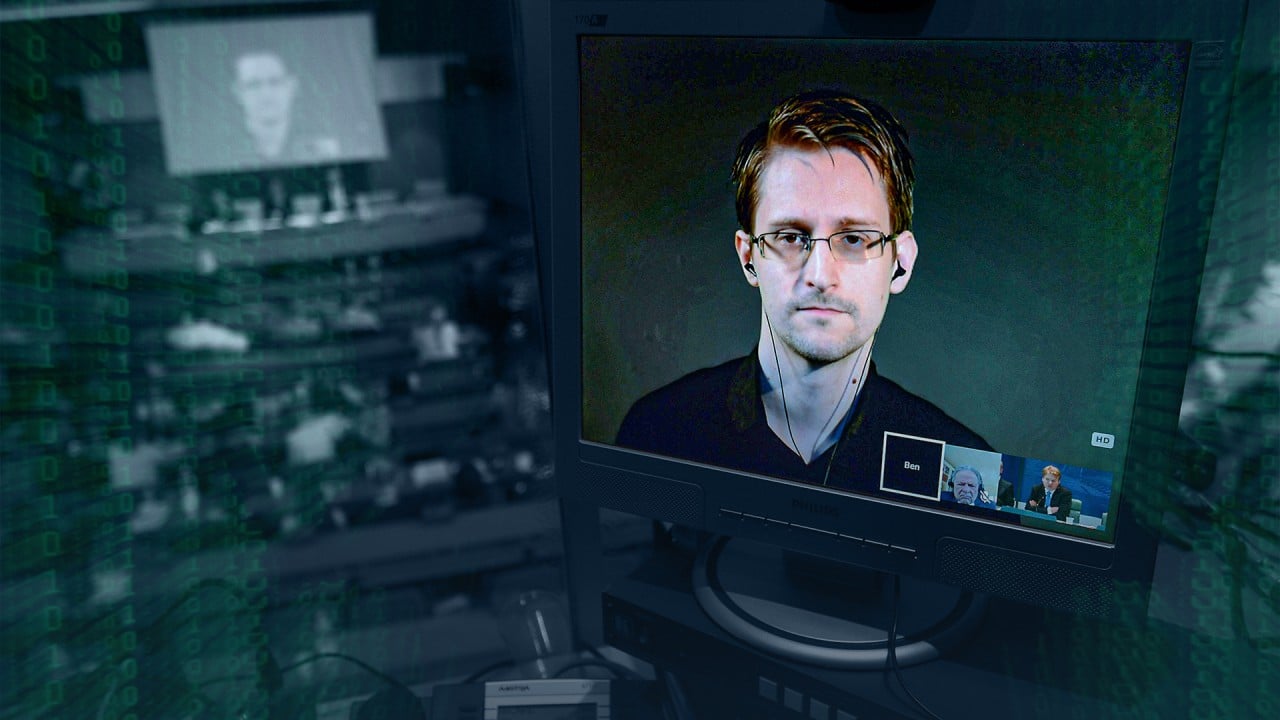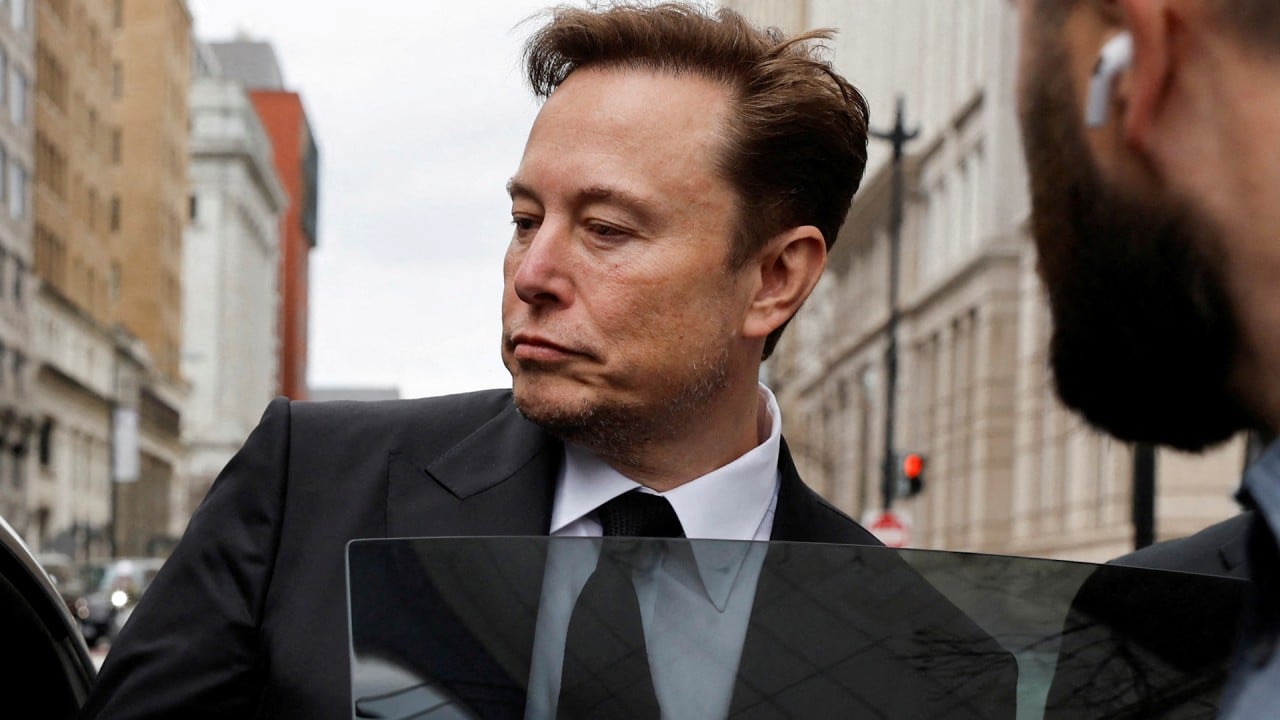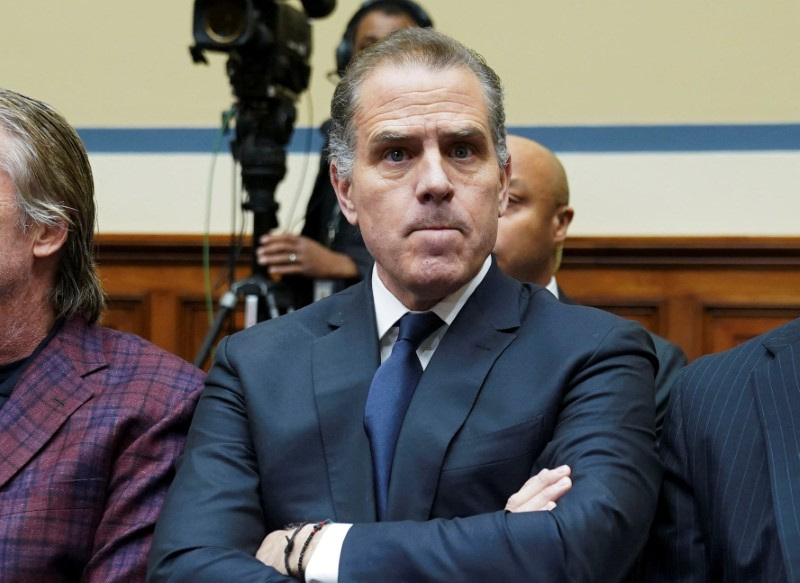
US survey data suggests Americans trust each other less than 40 years ago. Trust in the government in the US has fallen to historically low levels from over 70 per cent in 1958 to around 20 per cent in 2022, according to Pew research.
“Trust is a barometer of the state of our world and the barometer is reading red,” the editor concluded.
Setting aside how much we trust Edelman’s methodology, which identified high trust in businesses (63 per cent of their 32,000 respondents trust businesses, compared with around 50 per cent for governments and the media), it is surely right to be concerned that the innovation needed to force through changes that may be indispensable for future economic growth will be next to impossible as trust in our institutions crumbles. This is even more true if we are to effectively manage climate change or address pandemic threats.
Edelman’s respondents still generally trust our scientists on innovation – but are concerned about increasing government interference, or control of scientists and scientific institutions, and that scientists “do not know how to communicate” with ordinary people.
Edelman also discovered a deepening politicisation of attitudes to scientific innovation. In the United States, for example, 53 per cent of those on the political right are opposed to innovations linked with climate change, AI or the gene-based medicines that played such an important role in the pandemic, compared with 12 per cent on the left. This sharp contrast is echoed in Germany (47 per cent on the right vs 27 per cent on the left) and Australia (37 per cent vs 14 per cent).
When innovation is seen as poorly regulated, 82 per cent of respondents say it benefits the rich and 57 per cent say capitalism is doing harm. Respondents in general frequently voiced concern that they are being purposely misled, or fed false information or gross exaggerations. This has led to friends and neighbours being as highly trusted on scientific or technological issues as scientists.
The Edelman team says the restoration of a semblance of trust in scientific information or on technical issues will require more transparency, simpler, clearer explanations, and for executives to address the worries people have about the ethical use of technology, impact of automation and the training needed for future jobs. Institutions “must listen rather than assume, engage in dialogue rather than talk down, and cooperate rather than compete”.
David Dodwell is CEO of the trade policy and international relations consultancy Strategic Access, focused on developments and challenges facing the Asia-Pacific over the past four decades
EMEA Tribune is not involved in this news article, it is taken from our partners and or from the News Agencies. Copyright and Credit go to the News Agencies, email [email protected] Follow our WhatsApp verified Channel











